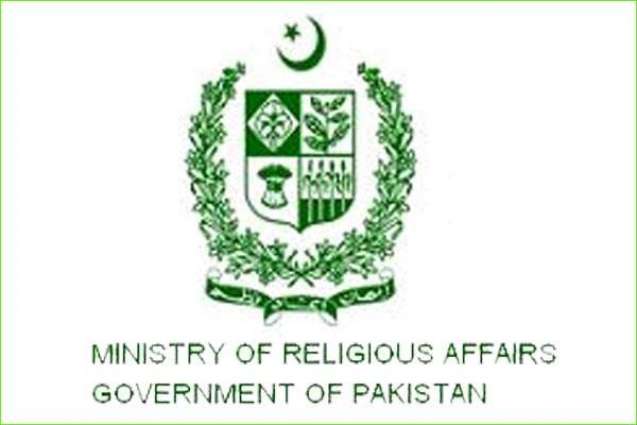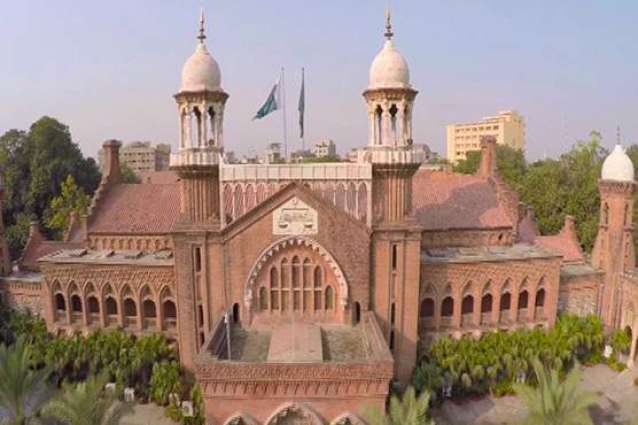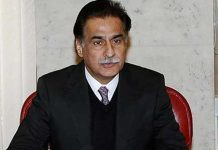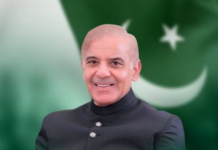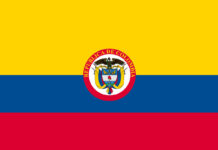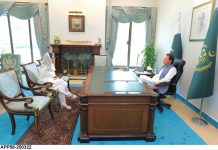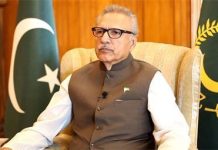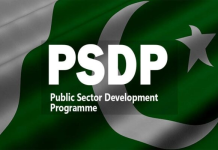KARACHI: The National Electric Power Regulatory Authority (NEPRA) informed the Sindh High Court (SHC) on Tuesday that allegations of over-billing to the tune of Rs 62 billion by K-Electric were incorrect and based on lack of understanding of the multi-layer tariff.
The regulatory body refuted that the city’s power utility overcharged its consumers and maintained that the allegations were levelled without proper understanding of the tariff structure of the K-Electric.
It stated that electricity tariff had been reduced by over Rs 3 per unit for consumers of K-Electric. However, a notification to this effect could not be issued due to the stay order of the court on tariff determination, it said.
A two-judge bench, headed by Muhammad Shafi Siddiqui, was hearing a petition demanding probe into the alleged over-billing of Rs 62 billion by the city’s power utility.
The K-Electric’s lawyer told the judges that the power utility was neither signatory to nor had any copy of any terms that may have been settled between the shareholders of the K-Electric and the Shanghai Electric Power Company of China.
He made this statement in the wake of court directions for placing on record the sale and purchase agreement, if any, with the Chinese electric company. The hearing has now been adjourned until May 17.
Karamat Ali of the Pakistan Institute of Labour Education and Research and other rights activists had petitioned the high court, seeking action against the power utility for charging excessive bills.
The petitioners submitted that the power supply remained quite erratic in the city, yet the power utility issued excessive bills to the consumers. The regulatory body had consistently failed to discharge its duties to take action against K-Electric for that illegal act, they alleged.
They said the minister for water and power had asked NEPRA to look into the matter and fix new tariff, besides reimbursing the excessively charged amount to the consumers, but the regulatory body had failed to comply with the orders.
The petitioners requested the court to form a judicial commission to probe the issue of excessive billing.

